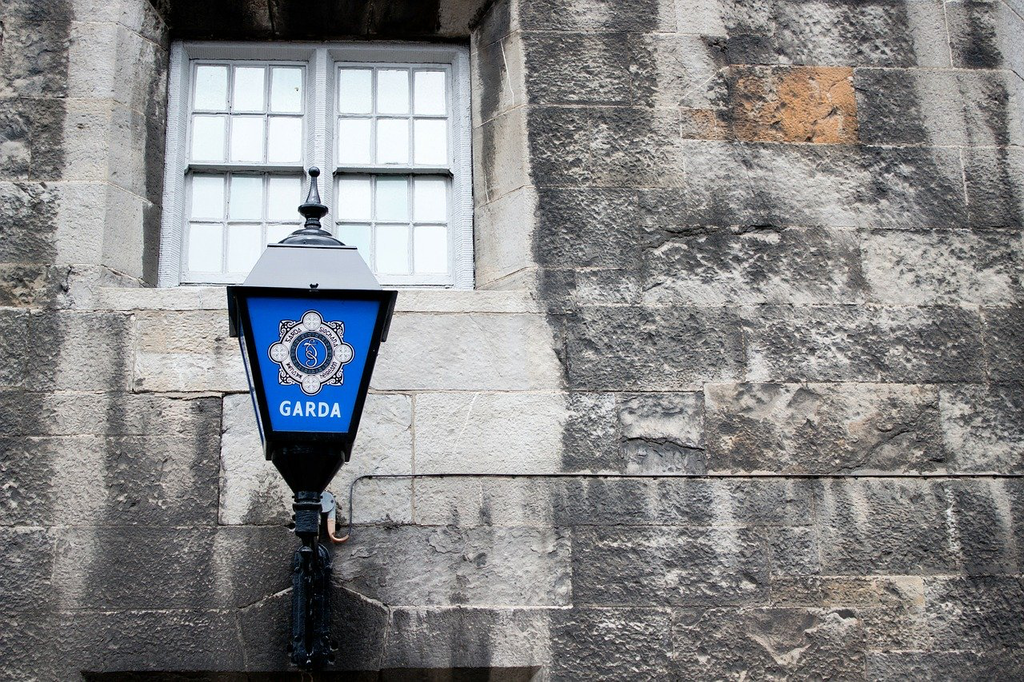Welcome update to law managing sex offenders in community
10 November 2021

Dublin Rape Crisis Centre (DRCC) has said proposed changes to an existing law regulating how sex offenders are managed in the community post release are a welcome addition to the protections needed by victims/survivors and the wider public.
DRCC CEO Noeline Blackwell said the Sex Offenders Amendment Bill 2021 published today is another part of the necessary fabric of protection for actual and potential victims of sexual offences.
The management of sex offenders in their community after release from prison is a complex matter, she said. “Many offenders are known in their communities, and may even be family members of the victim. Any new legislation in this area must aim to reduce the risk of new offences, including by monitoring those deemed to be at risk of such re-offending.
“The proposals in this new bill to reduce the time within which sex offenders need to notify any change of address and requiring them to furnish ID thus seem like basic requirements. Similarly, strengthening the legal basis to allow courts to ban convicted offenders from working with children and vulnerable adults, and to allow Probation, Garda and Tusla services to work together in a co-ordinated way, creates good management tools,” she said.
DRCC warned that much depends on the resources provided for all these measures. For instance, electronic tagging depends not only on acquiring tags, but having a substantial support service to constantly monitor those wearing them, as well as having Gardaí available to find an offender who breaches a condition - such as going to an area from which they are banned. Similarly, resources will be needed for effective IT to maintain the change of address register and ID details and to permit the cross agency working in an effective way which is promised.
Ms Blackwell added: “We will be interested to see the detail of this legislation, including the provision to allow Gardaí to disclose information relating to sex offenders in extenuating circumstances. While this may be an essential public safety measure, it must be framed in such a way that it does not shift the burden of protection from the Gardaí to a potential victim or a community.”
“Overall, this Bill is welcome and we look forward to the long awaited updating of legislation which has not been reformed since it was introduced in 2001,” she concluded.
/ENDS
Notes for editors:
- Dublin Rape Crisis Centre is a non-governmental, voluntary organisation which has as its mission to prevent the harm and heal the trauma of rape. It offers a suite of services to victims/survivors of sexual violence.
- DRCC operates the National 24-hour Helpline 1800 778888 to support anyone affected by sexual violence in any part of the country. A webchat support service is available online at drcc.ie Mon-Fri, 10am-2pm.
- DRCC offers counselling & therapy to clients and provides accompaniment to the Rotunda Sexual Assault Treatment Unit, to court or to Garda stations to people in Dublin and in surrounding areas, by arrangement.
- We have outreach offices at Coolock, Dóchas Women’s Centre, Balbriggan & Tallaght. Access to these services must be arranged via the National Helpline 1800 778888 during working hours, Mon-Fri.
- We ask that when reporting on this topic, journalists should remember that discussions on sexual violence can trigger personal trauma in those receiving the information. Where possible, please make reference to the National 24-hour Helpline 1800 77 88 88 for anyone who may be affected by the discussion.
- Dublin Rape Crisis Centre is one of the frontline services engaged with the Department of Justice & Equality on its #StillHere campaign. The www.stillhere.ie website contains information on supports and services for people affected by domestic violence including sexual violence, as well as digital & online safety and courts, legal aid and advice.